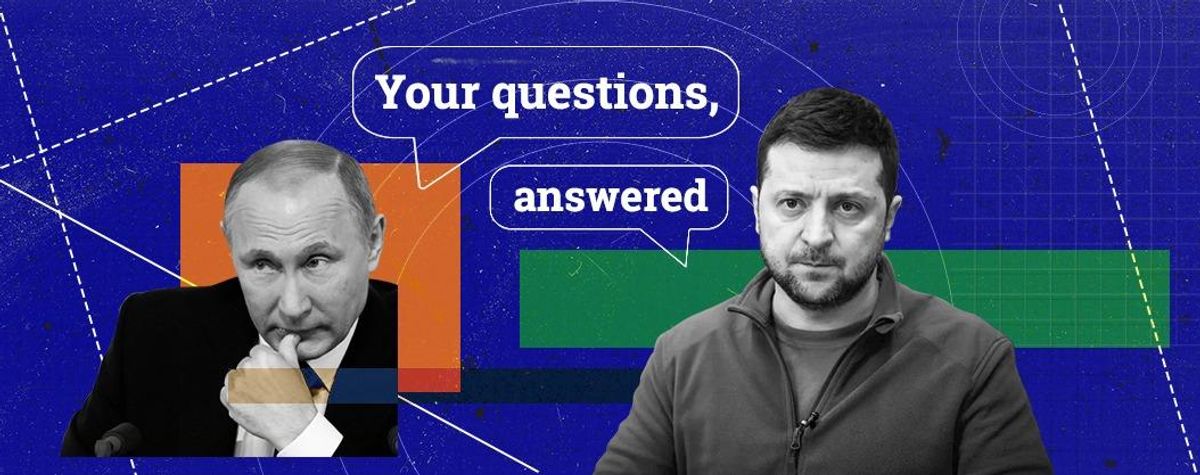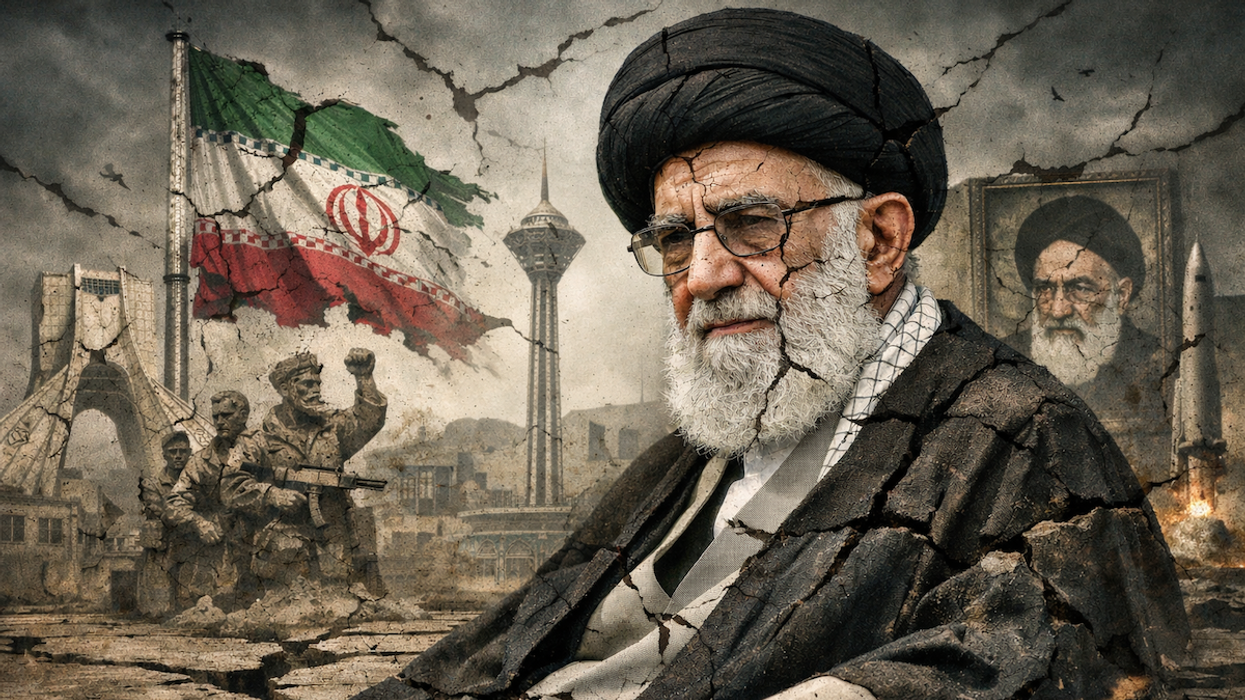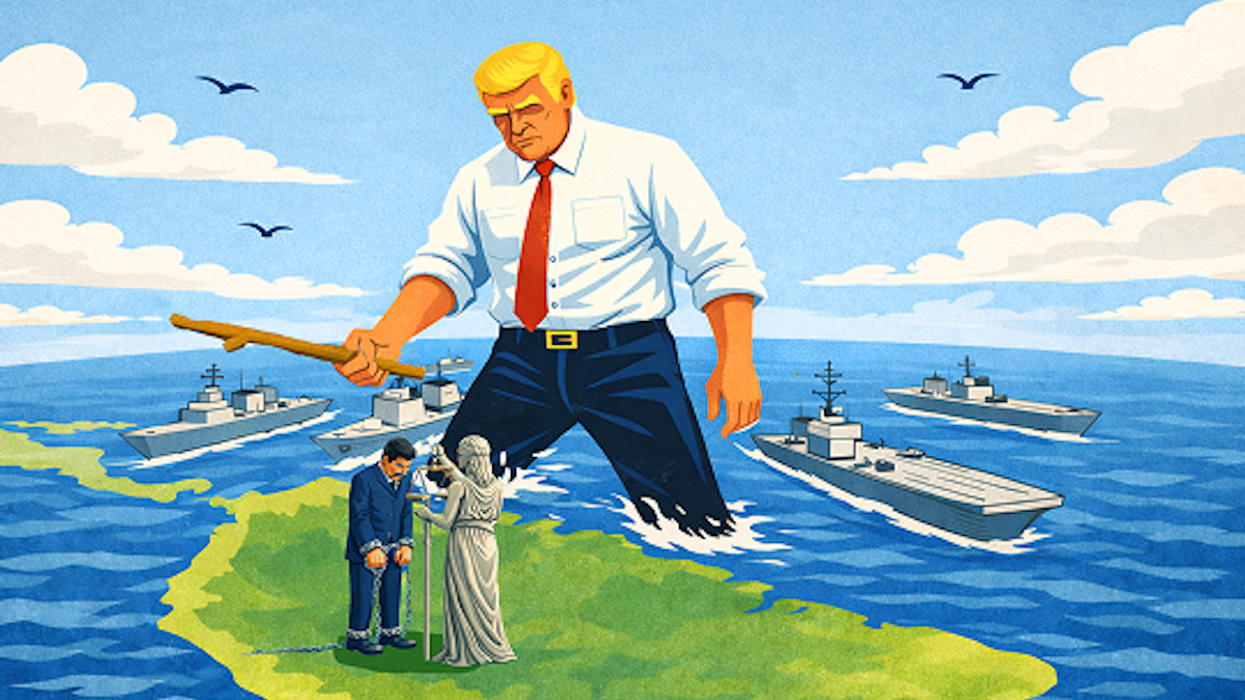You asked, I answer.
Note: This is the second installment of a four-part series responding to reader questions on Russia-Ukraine. You can find the first part here, the third part here, and the fourth part here. Some of the questions that follow have been slightly edited for clarity. If you have questions you want answered, ask them in the comments section below or follow me on Facebook, Twitter, and LinkedIn and look out for future AMAs.
Could the West have actually prevented the war? (Christopher M)
I don’t usually traffic in speculative history, but if you made me bet I’d say no. Nothing the West did or didn’t do forced Putin to start this war. If Russian leaders didn’t want their eastern European neighbors to yearn for NATO and EU membership, maybe they should have refrained from treating them as vassal provinces that would one day be reincorporated into Greater Russia, by force if necessary. That said, I’ve written at length about what the West could have done differently after the end of the Cold War to more firmly embed Russia in international institutions and give it a stake in the stability of the global order. Certainly, greater efforts by both NATO and Ukraine to make clear to Russia that Ukraine wouldn’t join NATO anytime soon were worth more of a shot in recent years. The problem is the sides weren’t aligned—Ukraine didn’t accept that an invasion was likely and wanted the West to say they were pulling the rug from membership, which the West refused to do as they didn’t want to be seen as kowtowing to Moscow and undermining NATO’s “open door policy.”
Want to understand the world a little better? Subscribe to GZERO Daily by Ian Bremmer for free and get new posts delivered to your inbox every week.
Besides fear of Russian protestation, are there other reasons Ukraine hasn't "qualified" for NATO membership? (Jason M)
The fact that part of its territory has been under Russian occupation since 2014 made NATO accession a non-starter, since it would have entailed immediate and automatic direct conflict between NATO and nuclear-armed Russia. Beyond that, there are certain political, technical, and institutional criteria related to the strength of democratic institutions and control of corruption that Ukraine didn’t fully meet and that acted as limiting factors for some NATO allies (the vote to accept a new member has to be unanimous). After all, Ukraine isn’t Sweden.
Should the US and its allies make explicit the conditions for a reduction in sanctions in order to encourage a peace deal? Do domestic politics, which benefit from resolute punishment of an enemy, preclude this wise policy in practice? (Silent Cal)
That’s not a bad idea in principle. But frankly, the minimum conditions the West would (and should) need to roll back sanctions are so beyond what Russia might be remotely willing to accept—namely, a complete withdrawal of Russian troops from all Ukrainian territory including the Donbas—that I don’t think it matters much whether they do or don’t spell them out. Everyone already knows that relations between the advanced industrial democracies and Russia are permanently broken for as long as Putin remains in power.
Will the Russian economy collapse in the near future? (Shah A)
No. Russia is not North Korea. It has lots of resources that other countries need, including not just oil and gas but also critical metals, cereals, fertilizer... These will get sold one way or another. Keep in mind that the “West” might be cutting off Russia’s economy, but the vast majority of the world isn’t. In fact, much of the Global South (China, India, Africa, Latin America, etc.) has not joined in the Western sanctions and continues to trade with Russia (although constrained by the fear of secondary sanctions). Right now, Putin is looking at a 15% contraction of GDP and a massive brain drain. This is a big structural hit similar to the one Russia experienced after the disintegration of the Soviet Union, but it’s not a full-blown collapse. Rather, it’s more like a politically-induced depression.
Will increasingly broad sanctions undermine the USD's reserve currency status? (Gareth J)
Only at the margin and in the very long term, as China and other would-be U.S. adversaries diversify their reserves and begin to look for alternatives. Effectively, the answer is no. The dollar’s status as global reserve currency and preeminent safe-haven asset has been remarkably strong and stable for decades, backed by America’s military, economic, political, and institutional might. That is unlikely to change just because the United States government showed itself willing to weaponize it against Russia in this one instance and in a coordinated fashion with allies. In part because there are no viable alternatives in the horizon—for different reasons, neither the euro, the yuan, nor cryptocurrencies are plausible substitutes—and in part because there are very strong inertial forces propping up the USD’s continued dominance.
Who is Putin really listening to? Does he have any sources of credible information? (Neesha P)
Mostly his inner security services circle, the siloviki. He is an avid consumer of Western media but considers it propaganda (and some of it is, of course, but not remotely comparable to Russian state media). He has a reasonably good sense of what’s happening on the ground militarily and what people are doing politically, but his worldview is radically different from others, and that filters out a lot of critical information and colors his interpretation of the information that does get through.
If Ukraine were to emerge victorious against Russia on the battlefield (at least a denial of Russian objectives), what's Russia's next move? (Tim F)
That would be an incredibly dangerous situation, as I explained in a recent article. If Putin were to lose in the Donbas, he wouldn’t be able to sell the war as a “win” at home and, having little downside anymore, would see a reason to escalate further. That likely means scorched-earth tactics against Ukrainian cities involving many more civilian casualties, and possibly even the use of chemical and biological weapons. The relentless escalation we’ve seen from the West in terms of military support, sanctions, and now Finland and Sweden about to join the alliance has convinced Putin that the only way Ukraine can defeat a great power like Russia is if NATO is actually doing the fighting (it doesn’t help that he continues to underestimate the Ukrainians and overestimate Russia’s capabilities). Accordingly, he’ll increasingly take the fight to NATO in the form of cyberattacks, disinformation, espionage, and subversion.
Who do you think are the best contenders to succeed Putin following his natural demise or removal? (Todd G)
I have no idea. Ideologically, it has to be someone who is a Russian nationalist and believes in a strong state and military. But it’s not like there are public contenders (other than Alexei Navalny, and he’s in jail)... While Putin’s political position is quite secure and I think a coup is highly unlikely, it’s still a really important question given that he’s almost 70 years old.
How would a Le Pen victory in the French elections upend European unity as it relates to sanctions? (Michael P)
It would shatter European/NATO unity on Ukraine policy, putting an end to further EU sanctions against Russia (and possibly pushing to end existing sanctions) and significantly weakening European coordination on defense support for Ukraine. It might also freeze the NATO membership process for Finland and Sweden. But you can rest easy: while a Le Pen victory would be a huge win for Putin, it’s very unlikely to happen.
Will Trump undo everything that Biden and NATO have done? Is Putin counting on that for 2024? (Paul C)
Not necessarily. Despite President Trump’s Putin-friendly rhetoric, in some ways his administration was more hawkish on Russia than Obama’s, naming it as an adversary in its National Security Strategy, sending Javelin anti-tank missiles to Ukraine, and imposing significant sanctions in response to Russian provocations. Having said that, Trump himself would weaken U.S./NATO policy, as he’s a unilateralist by disposition and is mistrusted by most NATO allies.
🔔 And if you haven't already, don't forget to subscribe to my free newsletter, GZERO Daily by Ian Bremmer, to get new posts delivered to your inbox.



















